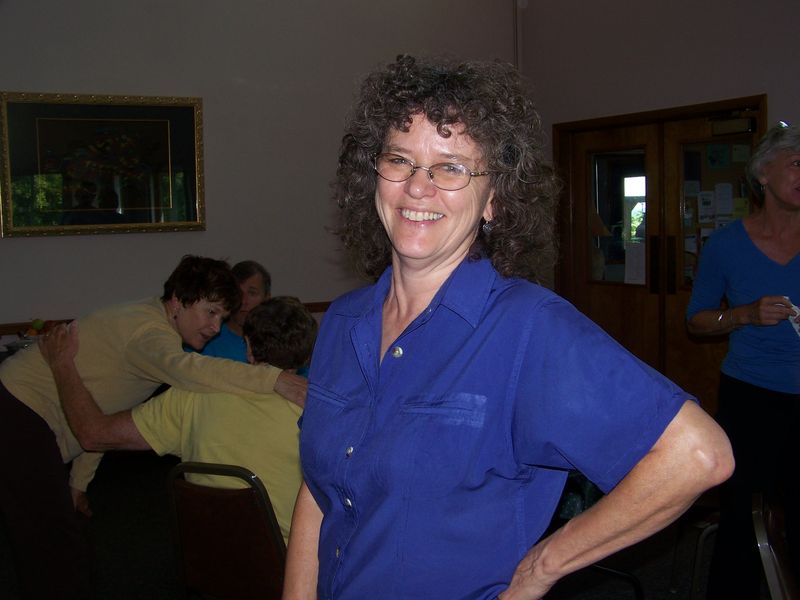
We arrived at the retreat center the same way I arrived at Buddhism, generally headed in the right direction, but definitely not a straight path. Located at the Oakwood Retreat Center just east of Muncie IN, we drove into the cornfields looking for the Rainbow Farm, an International Emissary Community. I kept the idea that “it is what it is” in the forefront of my mind, along with a map in my lap. Arriving around 5:30 we were in time for the evening meal but not the retreat orientation. Several of us had been to retreats before and while on the road we discussed the ideas behind a silent retreat as well as the benefits of it.
The retreat was led by Matthew Flickstein, founder of the Forest Way in Virginia and the author of The Meditator’s Atlas: A Roadmap of the Inner World. For two days (Friday evening to Sunday at noon) we meditated, sitting and walking. We found another reason for focusing on our breath during meditation: there is no baggage attached to the breath. It is automatic, breath in and breath out. Only in extended meditation do you become aware of the subtleties involved, that equanimity allows wisdom to arise because we are not pushing or pulling but we are “being present in our own mind”.
Matt said that mindfulness means no judgment, just awareness of what is. Maybe not acceptance, but at least a chance to see clearly and perhaps more comprehensively as the mind becomes quiet. While accepting that the world is the way it is, we should make it the best place it can be for us. This realization is much easier to maintain in a calm environment like the Rainbow Farm with trails through woods, gardens and meadows. It gave us the chance to go beyond our usual path outwardly as well as an inward journey to silence. What a luxury!
On Sunday morning we reviewed the seven qualities of the mind:
1. Virtue (clears up issues from the past & the present)
2. Self reliance (ala Emerson-confidence to speak from that truth)
3. Concentration (brings stability to the mind)
4. Well being (living now is living outside of time: no past no future)
5. Wisdom (live with I don’t know)
6. Spiritual insight (eradication of identifying with the mind)
7. Freedom, surrender (that meditation isn’t, getting used to is)
The awareness of these qualities and using them with heart brings the dhamma to our everyday life. With this thought in mind, we found a straighter journey homeward albeit with much laughter and talk about our individual experiences at the retreat, and a promise to continue our voyage further into Buddhism.
Metta, Jan Carter
